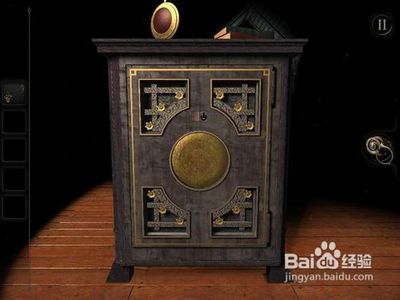Here is some excerptionof Fame written by Melvin Howards:
Fame is very muchlike an animal chasing its own tail who, when he captures it, doesnot know what else to do but to continue chasing it. Fame and theexhilarating celebrity thataccompanies it, force the famous person to participate in his orher own destruction. Ironic isn’t it?

名声像极了在追逐自己的尾巴的动物,抓到后除了继续追赶便不知所措。名誉和随之带来的名人效应使得这些名人走上了末路。这难道不令人啼笑皆非么?
Those who gain famemost often gain it as a result of possessing a single talent orskill: singing, dancing, painting, or writing, etc. Thesuccessfulperformer develops a style that ismarketed aggressively and gains somepopularity, and it is this popularity that usually convinces theperformer to continue performing in the same style, since that iswhat the public seems to want and to enjoy. But in time, theperformer becomes bored singing the same songs in the same way ye————arafter year, or the painter becomes bored painting similar scenes orportraits, or the actor is tired of playing the same characterrepeatedly. The demand of the public holds the artist hostage tohis or her own success, fame. If the artist attempts to change hisor her style of writing or dancing or singing, etc., the audiencemay turn away and look to confer fleeting fickle fame on anotherand then, in time, on another, and so on and so on.
那些已经出名的人绝大多数是因为拥有一技之长:唱歌,跳舞,美术,写作等等。成功的表演者展示出一种市场流行的风格,从而赢得声誉。也正是这种声誉使得表演者确信必须将这种风格坚持下去。但是随着时间流逝,歌手年复一年以同样的调子唱着歌,画师画同样的风景人物,演员演同样的角色,便会使人感到厌烦。大众的需要将名人们如人质般束缚了。如果艺术家试图去改变自己的风格,观众可能会离弃他,从此将这种飘忽不定的注意转给别人。然后又转移给另一个人,如此反复。
History has amplyproven that some failure for some people atcertain times in their lives doesindeed motivate them to strive even harder to succeed and tocontinue believing in themselves. Thomas Wolfe, the Americannovelist, had his first novel Look Homeward, Angel rejected 39times before it was finally published and launched his career andcreated his fame. Beethoven overcame his tyrannical father andgrudging acceptance as a musician to become the greatest, mostfamous musician in the world, and Pestalozzi, the famous Italianeducator in the 19th century,failed at every job he ever had until he came upon the idea ofteaching children and developing the fundamental theories toproduce a new form of education. Thomas Edison was thrown out ofschool in forth grade, at about age 10, because he seemed to theteacher to be quite dull and unruly. Many other cases may be foundof people who failed and used the failure to motivate them toachieve, to succeed, and to become famous. But, unfortunately, formost people failure is the end of their struggle, not thebeginning.
历史充分证明了有些人在生命中某些时刻遭遇的失败的确激励他们更加努力,继续自信,以求成功。美国小说家托马斯.沃尔夫的第一部小说《安琪儿,往家里看吧!》出版之前,被退搞39次,终于开始了他的写作事业并且赢得了名誉。贝多芬不屈服于他专横的父亲,还忍气当过乐师,但最终成为举世闻名的音乐家。19世纪意大利著名教育家贝斯达诺齐从事各业一无所成,直到他决定从事儿童教育并且发展了教育原理形成了新体系。托马斯.爱迪生在四年级大约10岁时,被老师认为愚笨倔强,因此把他赶出学校。这种失败激励成功,发奋图强,成为名人的例子还有多例。但是,很不幸,对大多数人来说,失败则是他们奋斗的终点,并非起点。
Fame itself is not a good or bad thing,just as the anthor said,fame and celebrity, influence and power,success and failure, reality and illusion are all somehow neatlywoven into a seamless fabric we langhingly call reality. The piontis what will we do when we have caught our tail,our fame?
 爱华网
爱华网

